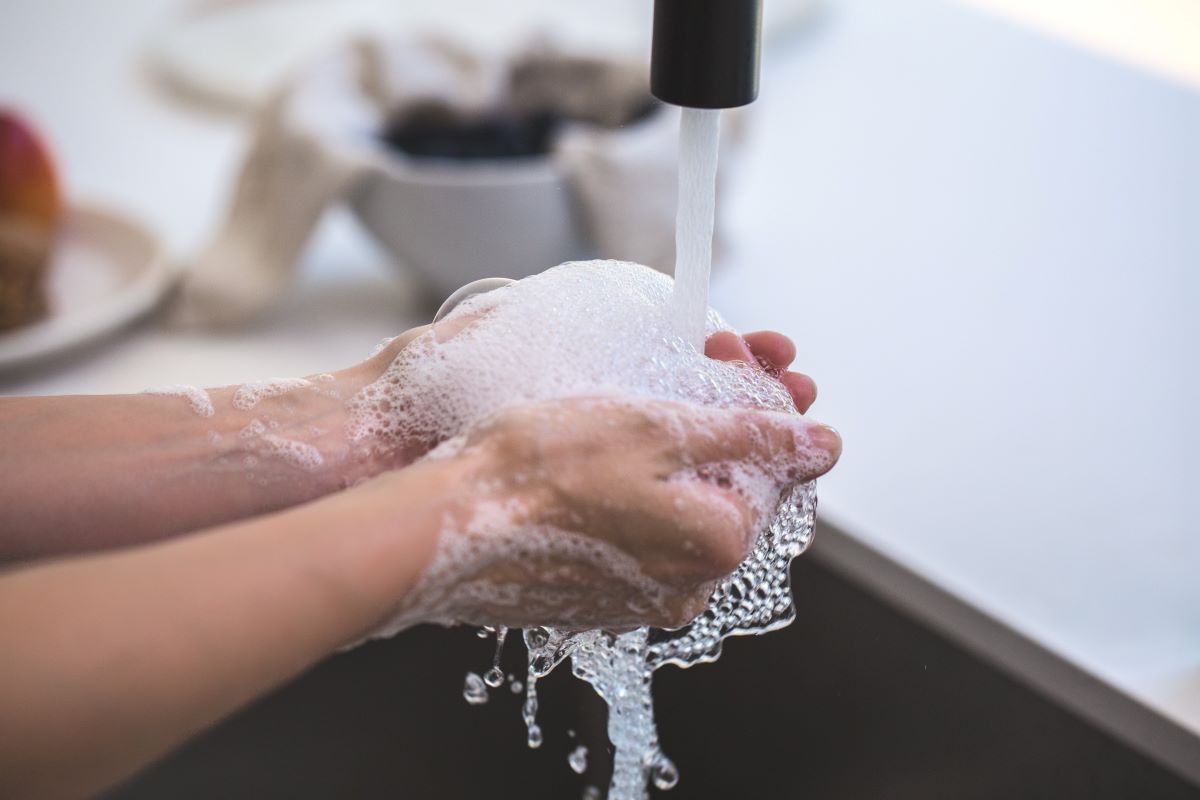As most of us know, our body has an immune system and several cells that help us defend itself against bacteria, viruses, and different types of diseases. But even though our body does have natural responses to these microbes, there will be times that certain conditions can still circumvent and penetrate our body’s natural defenses.
Not only does our body have a natural defense system, but it’s also teeming with nutrients and is a prime place for most of these diseases and infections from increasing. The amount of oil and sweat that our skin produces, the heat that our body emanates, and the mucous and saliva that we produce in our orifices are vital areas that can produce harmful bacterial and fungal infections.
What’s the right way of staving off such microbes? Keeping a good habit of cleaning through hygiene can help keep you in a healthy condition.
What Makes Hygiene Important?
Personal hygiene is instilled in children at a very young age since it’s an important part of being an adult. Besides preventing diseases, good hygiene and a habit of keeping yourself clean is a great way of boosting your own confidence and self-esteem, especially when we start becoming more independent.
Whether we’re at work or home, there are millions of disease-causing microbes and bacteria on almost any surface. This is especially true for highly contagious diseases that can stay on surfaces and in the atmosphere for days to weeks. Fortunately, there are various cleaning services, such as Cleaning for Health, that utilize the best cleaning practices while emphasizing personal hygiene.

Hygiene-Related Diseases
But before anything else, we have to discern the risks posed by poor personal hygiene. We will also need to know what are the diseases that are linked to hygiene. Getting to the root of the problem can help us identify possible solutions to key health issues.
Naturally, there are a wide variety of diseases that can take advantage of poor personal hygiene. In most cases, these diseases are mostly parasites that thrive on most animals under the right conditions. When a person does not practice good personal hygiene, these parasites and diseases can cause severe health complications.
Center for Disease Control and Prevention identifies the following diseases as being related to hygiene:
Head Lice
Head lice infestations are caused by tiny blood-sucking parasites that usually hide in hairy areas of the body. In most cases, they reside in the scalp. This infestation is usually caused by the inability of the person to take care of their hair and poor hygiene. A dirty scalp will often shed a lot of dead skin cells, which can increase the risk of getting head-lice.
In other cases, lice can be transmitted from pets and animals to their owners. It’s also important to note that merely showering won’t remove hair lice, and you might need to ask for a prescription shampoo that is explicitly for head-lice.
Acne
Although most individuals might think that acne is caused by skin reacting to different types of bodily changes and chemicals, it is, in fact, a bacterial infection that’s quite common on the skin. When your body goes through hormonal changes or when you apply foreign substances on your skin that might irritate it, this can make your skin’s environment conducive to breakouts of acne.
Most experts would suggest regularly taking showers and ensuring that your skin gets a good amount of care. There’s really no be-all-end-all cure to acne as this will usually depend on the bacteria that are causing it. The general rule of thumb is using skin care products that don’t make your skin oily while still retaining moisture.
Ringworm
Contrary to what most people think, ringworm is not one that is caused by a parasite or even a “worm.” In fact, it is a fungal infection that will form a circular red (and sometimes silver-looking) rash. This type of infection will usually spread from objects, soil, and organisms infected by the ringworm.
Like acne, taking good care of your skin by taking regular showers can help eliminate the chances of ringworm from proliferating. If you do get ringworm, most dermatologists would suggest fungicidal creams and powders approved by government organizations.
Diarrhea
Diarrhea isn’t just a problem caused by poor hygiene but also shows that a portion of a particular food or water source has been contaminated with pathogens. Most individuals who have diarrhea will usually exhibit loose and watery stool, while bowel movement happens more often.
Although poor hygiene is often related to various diseases, most of these health complications can be easily remedied by regularly cleaning ourselves. If you have hygiene-related health complications, you might want to see a licensed physician regarding your situation.




